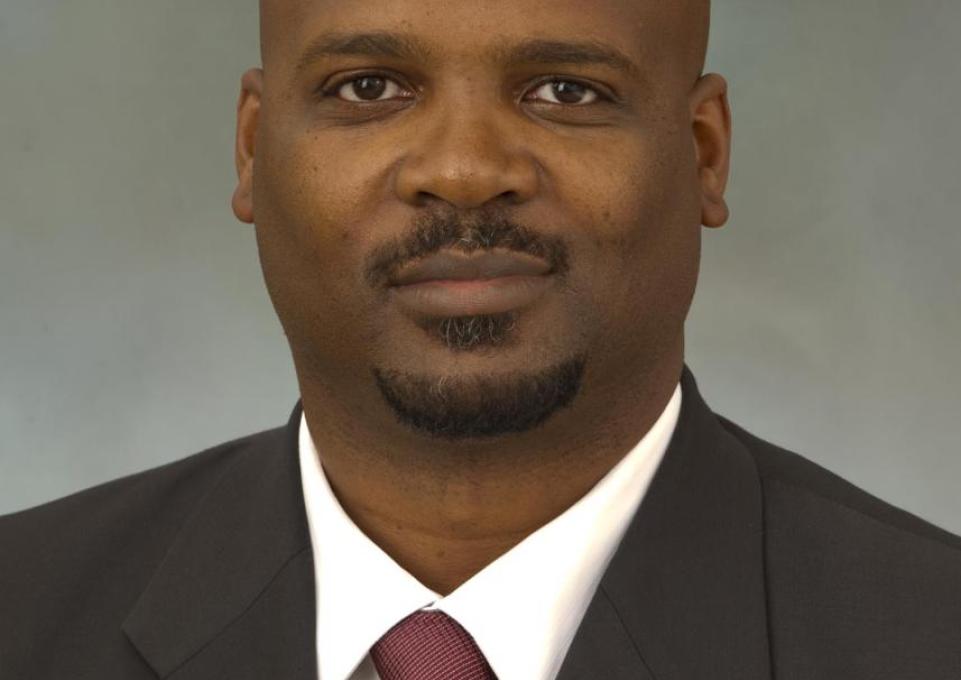
Literacy today means much more than the ability to read and write. Scholars argue that literacy includes skills like listening, speaking, and the use of appropriate language in different settings. This expansive approach to literacy includes the exhaustive diaries of eighteenth-century Americans as well as the 140-character tweets published by millions of people around the world.
Jevon Hunter, assistant professor of elementary education and reading, is interested in the multiple literacies people use in their daily lives. His research focuses on those literacies used by urban youth—including school-, home-, and community-based, as well as digital.
Digital literacy involves expressing oneself, and communicating, collaborating, and making meaning with others through and with the use of technology. Hunter is particularly interested in the use of social networking as a means to participate in digital literacy. He has suggested that teachers from pre-K through secondary education can promote academic literacy by leveraging their students’ use of social media.
In “Urban Youth Use Twitter to Transform Learning and Engagement,” published in the English Journal earlier this year, Hunter and coauthor Heidie Jean Caraway demonstrate how using Twitter enabled high school students to become much more engaged in an assigned book, and to develop the skills necessary to understand the book in a way that integrated their own life experiences. The students, many of whom were already fluent in the kind of literacy that Twitter favors, used those skills to improve their academic literacy—a key to a successful college experience.
Hunter is the recipient of a Ford Foundation Postdoctoral Fellowship, a prestigious award that supports up to 12 months of research. He is available to discuss the influence of digital literacy and digital media used by youth on academic literacy.
